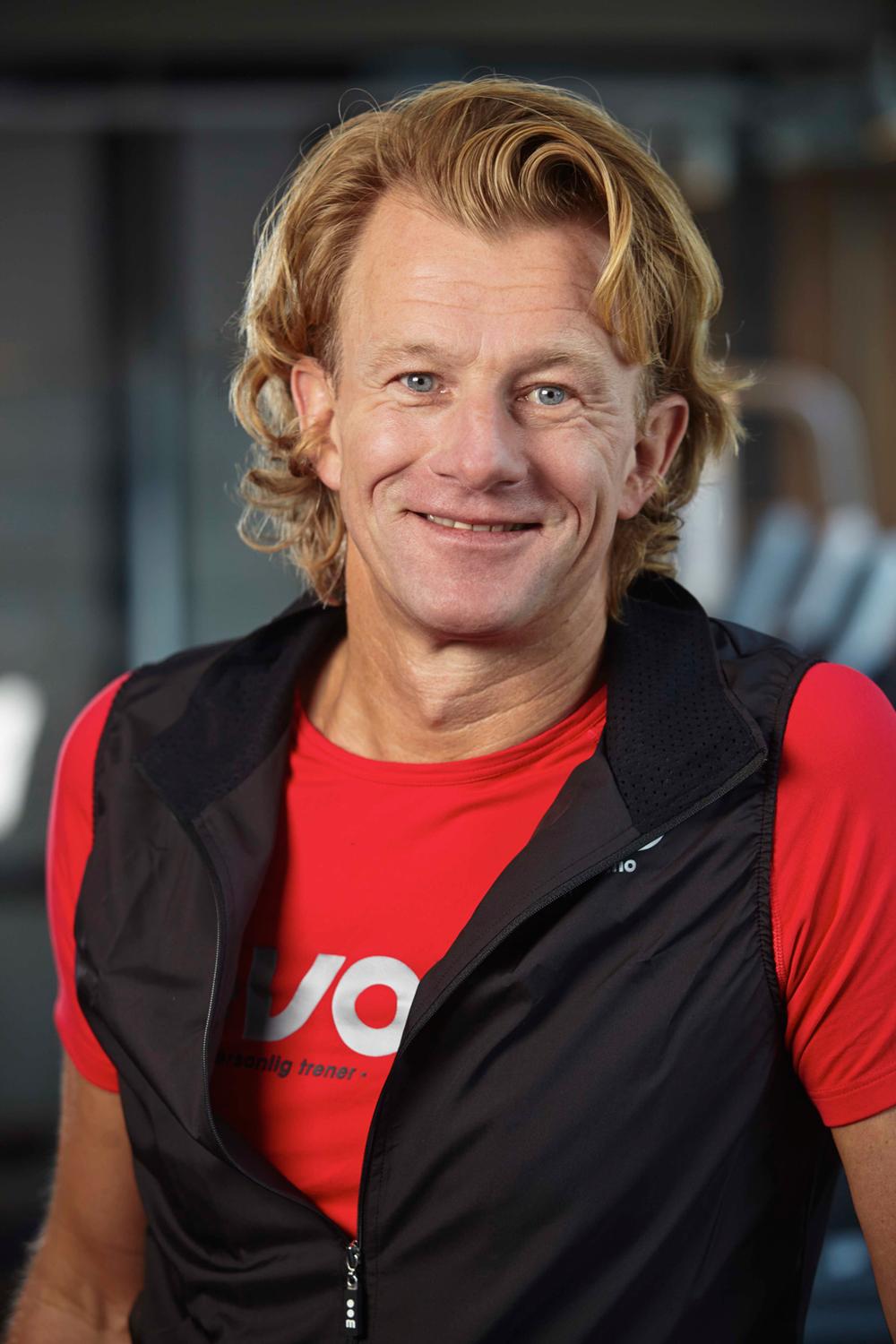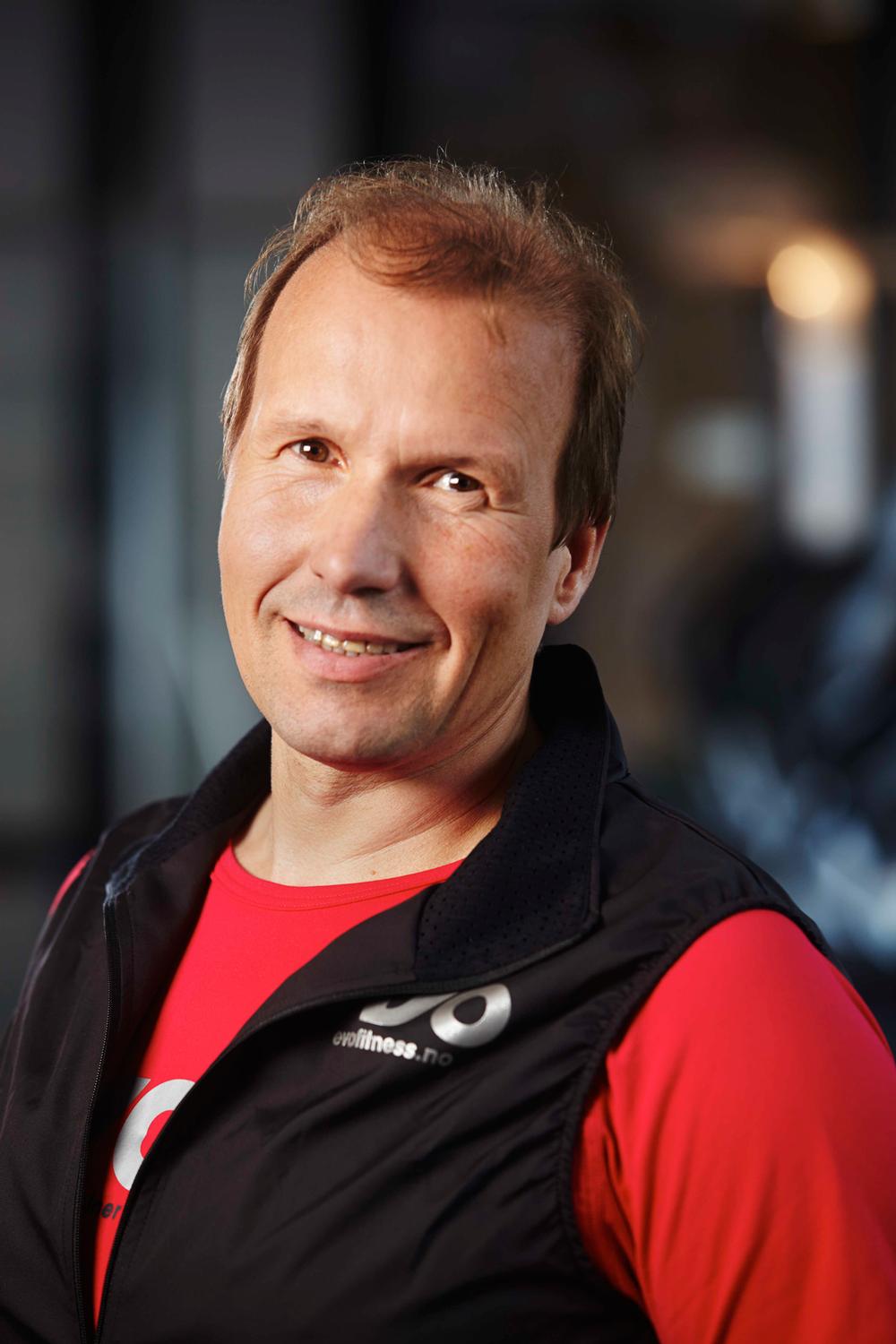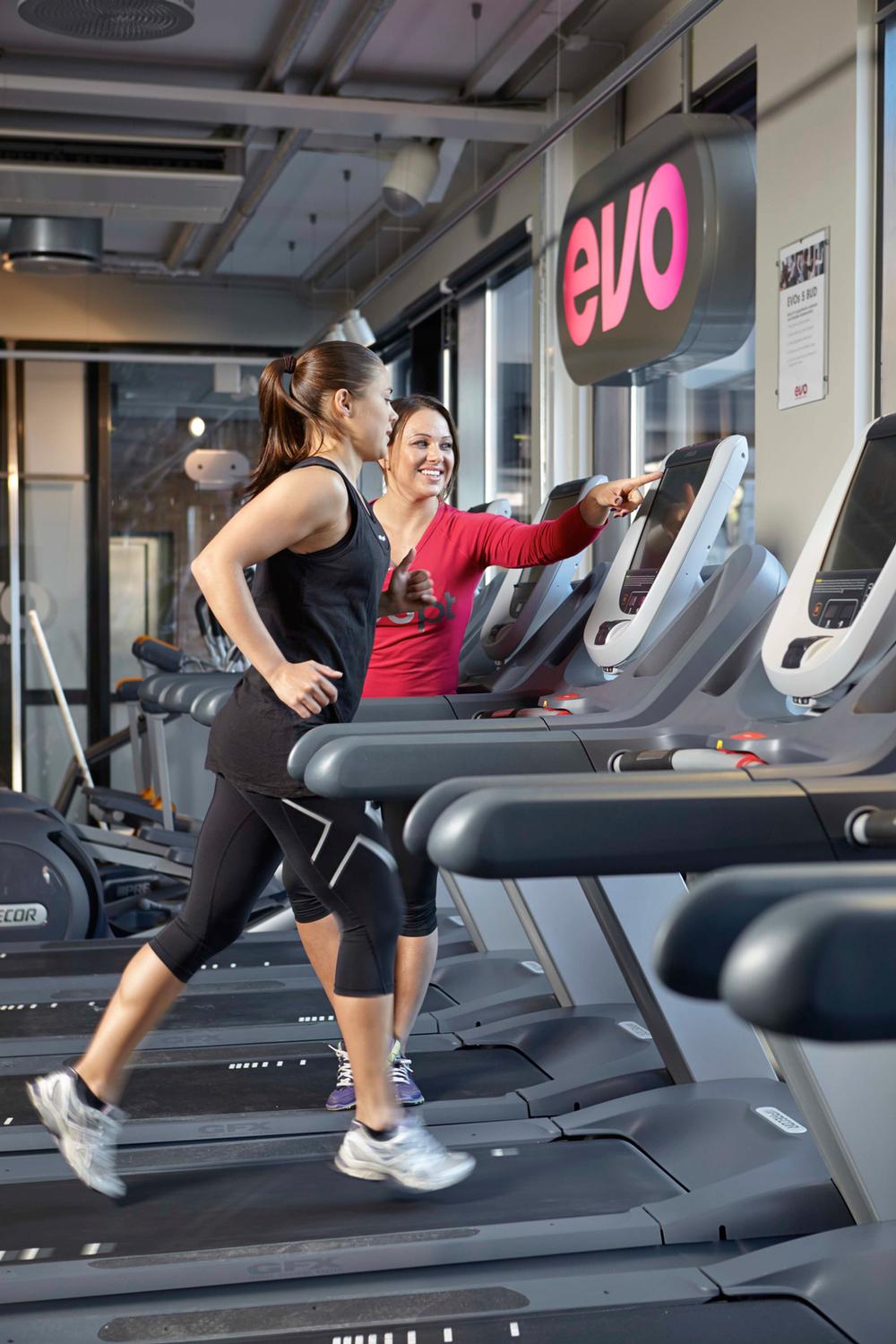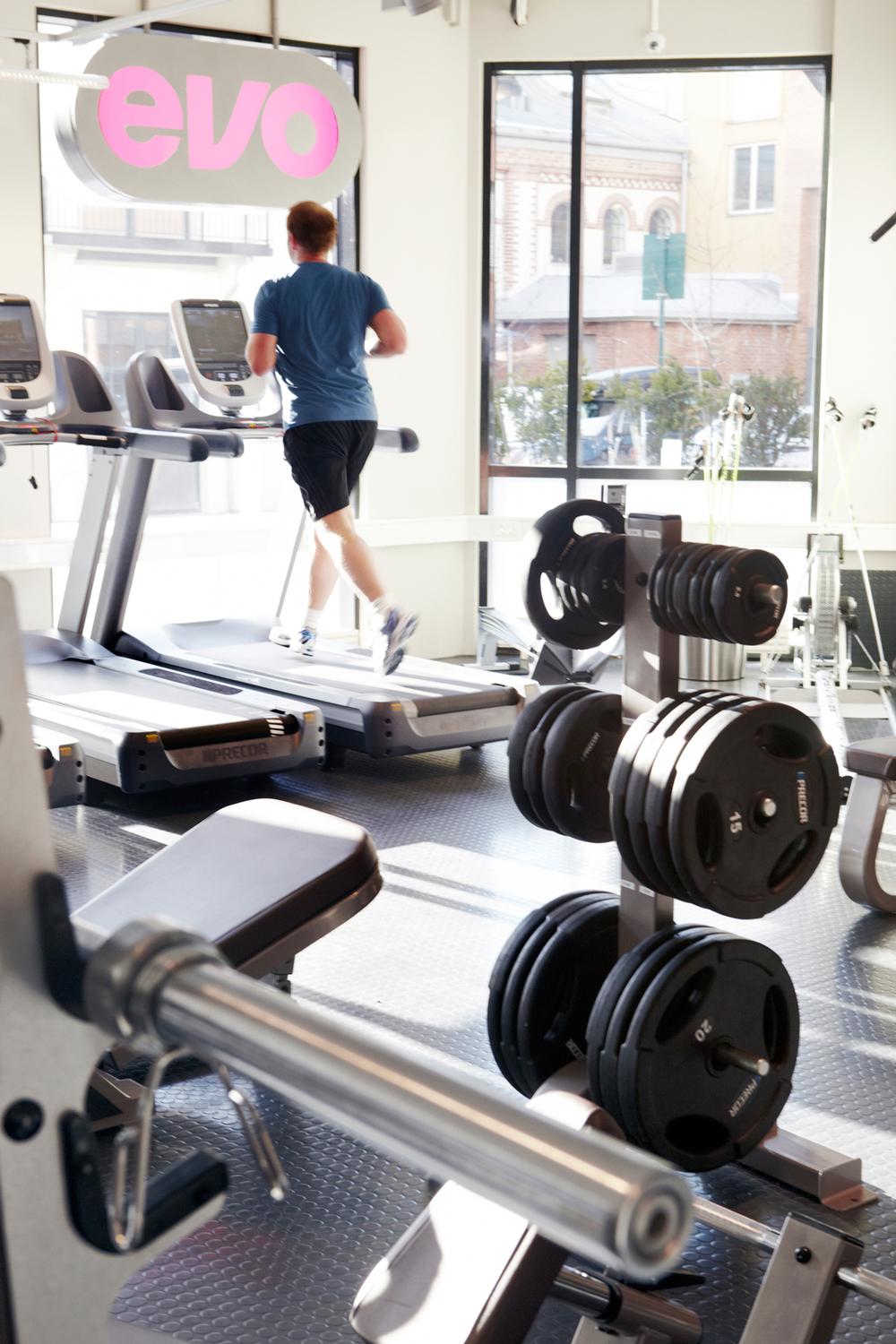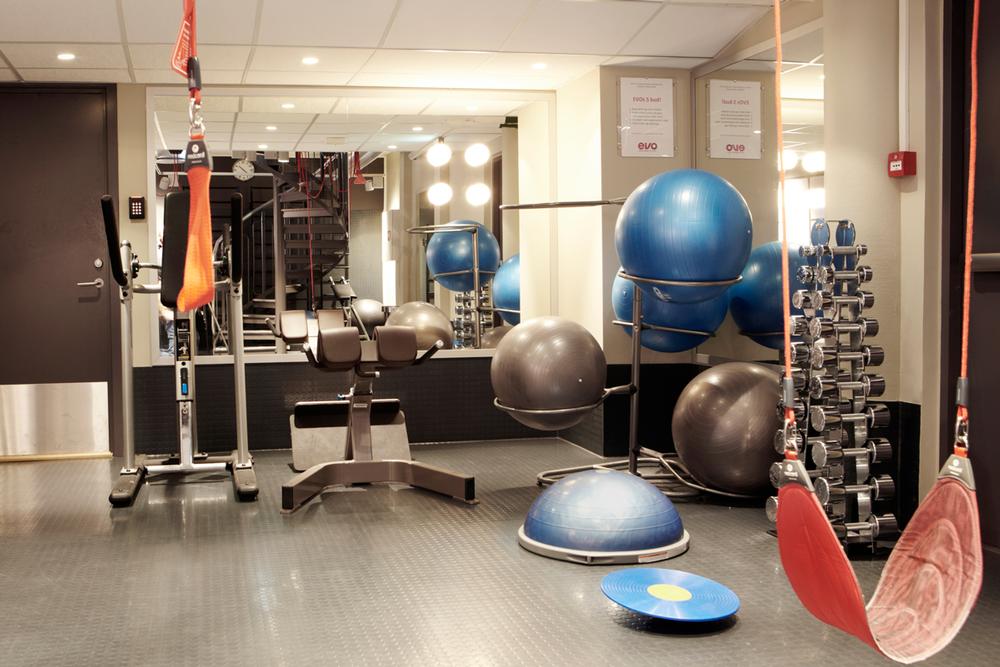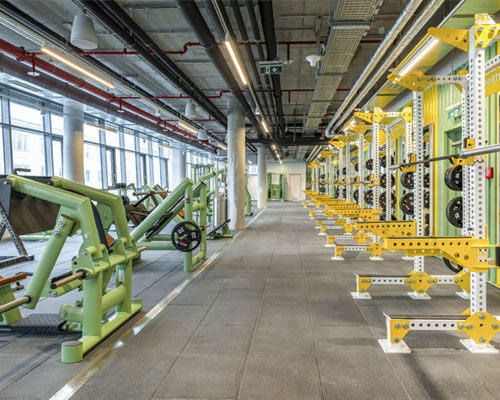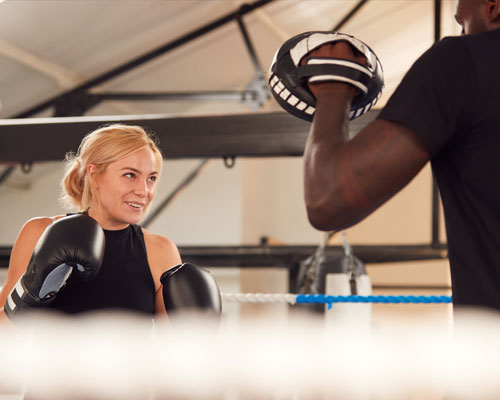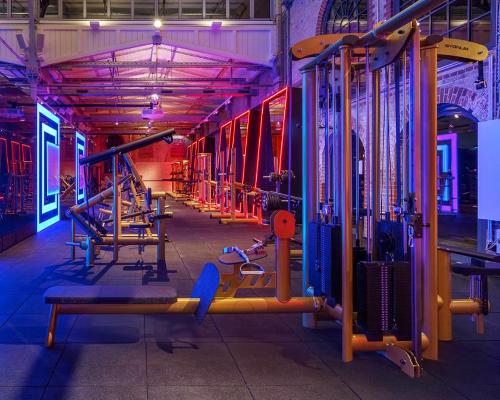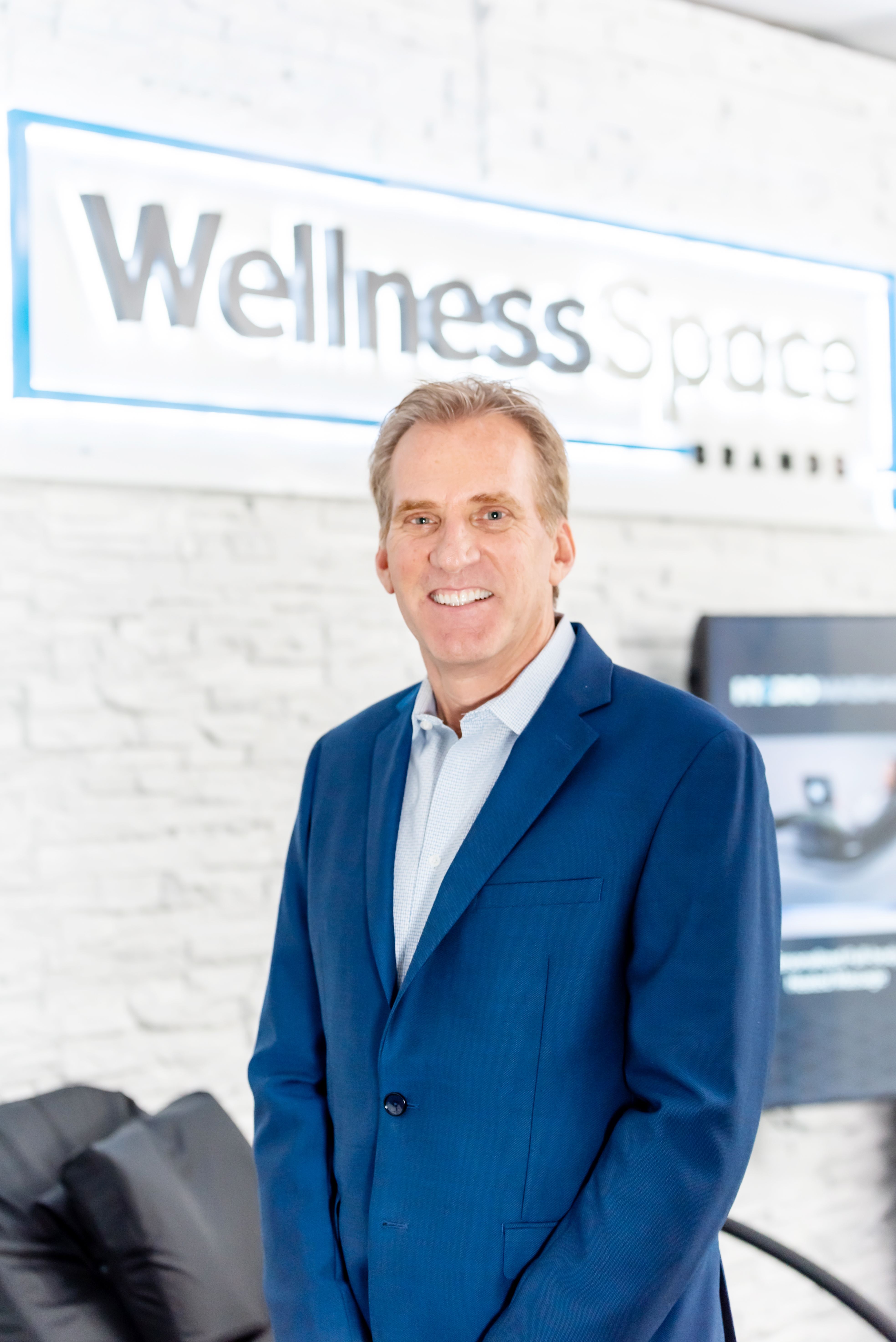features
Everyone's talking about...: Global brands
What are the challenges faced by fitness brands looking to expand globally, and what’s the best model for international success? We ask our panel of experts
While there are successful global brands in many industries, from fashion and beauty to hotel and restaurant chains, when you consider the health and fitness industry there are few, if any, brands that have been truly successful on a global scale.
After a phase of rapid expansion several years ago, Fitness First might be the closest a brand has come to enjoying the financial rewards of major global expansion. The business grew at a brisk pace across Europe, Asia, Australia and the Middle East – the latter under a licence – reaching a peak of over 500 clubs. But in recent years it’s sold its portfolio in Benelux, France, Spain and Italy and closed a significant number of clubs in the UK.
But it’s not only company-owned operations that have struggled: franchises have too. Curves, for example – once among the fastest-growing franchises in the world – has seen its estate shrink dramatically over recent years.
Was recession the only reason for these brands having to cut back, or did they just get too big, too soon? Is it simply not possible to scale a fitness brand globally? According to Tony de Leede, CEO of Fit n Fast in Australia, operating in overseas markets holds many challenges: “For example, the rejection rate on cheque-based accounts and credit cards in Asia is five to 10 times higher than in Western countries, so paid-in-full memberships are advisable.”
Are there any lessons to be learned from major global hotel chains, which seem to have achieved international expansion, even in very new markets, relatively easily? Or is this because their customers tend to be global travellers rather than local? Are the challenges for health clubs very different from hotels, as clubs must attract and retain an indigenous market?
Can clubs be global and local at the same time, and how do they adapt brand and service standards, management systems and recruitment to ensure their relevance in culturally diverse markets?
John Kersh,
VP of International development,
Anytime Fitness
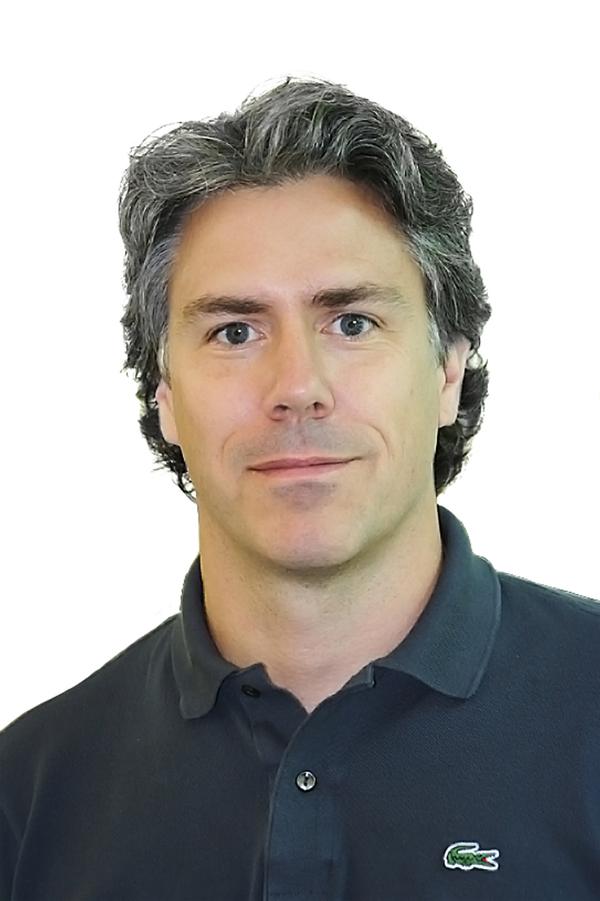
“International expansion is resource heavy and the risks are high, and even successful global brands in well-established industries aren’t immune to failure. In the franchising and licensing sector, even the likes of Burger King, Starbucks, Subway and other global F&B brands have been forced to pull out of numerous countries.
What major global brands have in common is that they’re actually a collection of local brands woven together with unifying systems, principles and marketing. They’re both global and local at the same time. The fitness industry is no different, and the economics of the business model itself can be significantly different across borders.
This is where the franchise model excels. Franchisees apply their culture and personality to the business, and go to great lengths to localise the offering to appeal to regional differences.
Ultimately, global expansion is not for the faint of heart or the undercapitalised. For a fitness company to gain global success, it will need to find great local partners in foreign markets who share its DNA, be open to adapting its model to local tastes, and be financially prepared for the process to take longer and cost more than planned.”
Brent Leffel,
President,
NeV
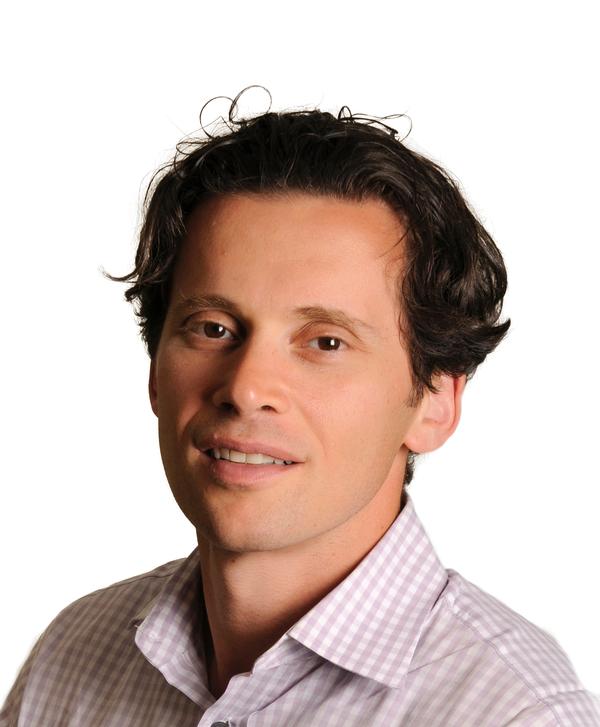
“Our chair Mark Mastrov has built fitness brands in virtually every market in the world, and the main considerations are always the same. Location, location, location, and the need to localise the brand – regardless of whether you’re selling a hotel room, gym membership or apparel.
We think branded fitness concepts are scaleable by applying a number of key principles: make strong real estate selections, and use the brand to create ‘sensationalism’ in the local market, build awareness and attract the best staff.
Remember that, while the brand may be the thing that first brings the customer through the door, it’s the culture and energy of a club and its points of differentiation such as programming that keep them coming back.
Transport your brand’s culture and energy so it resonates with the local market. One strategy is to create an online community for members, instructors and trainers to develop a link between the global brand and the local neighbourhood.
The fitness business is all about people, and NeV is focused on aligning with the right partners, gaining local connectivity, and accessing the ‘influencers’. Without this, global expansion of a fitness brand will fail.”
Tony De Leede,
CEO,
Fit n Fast
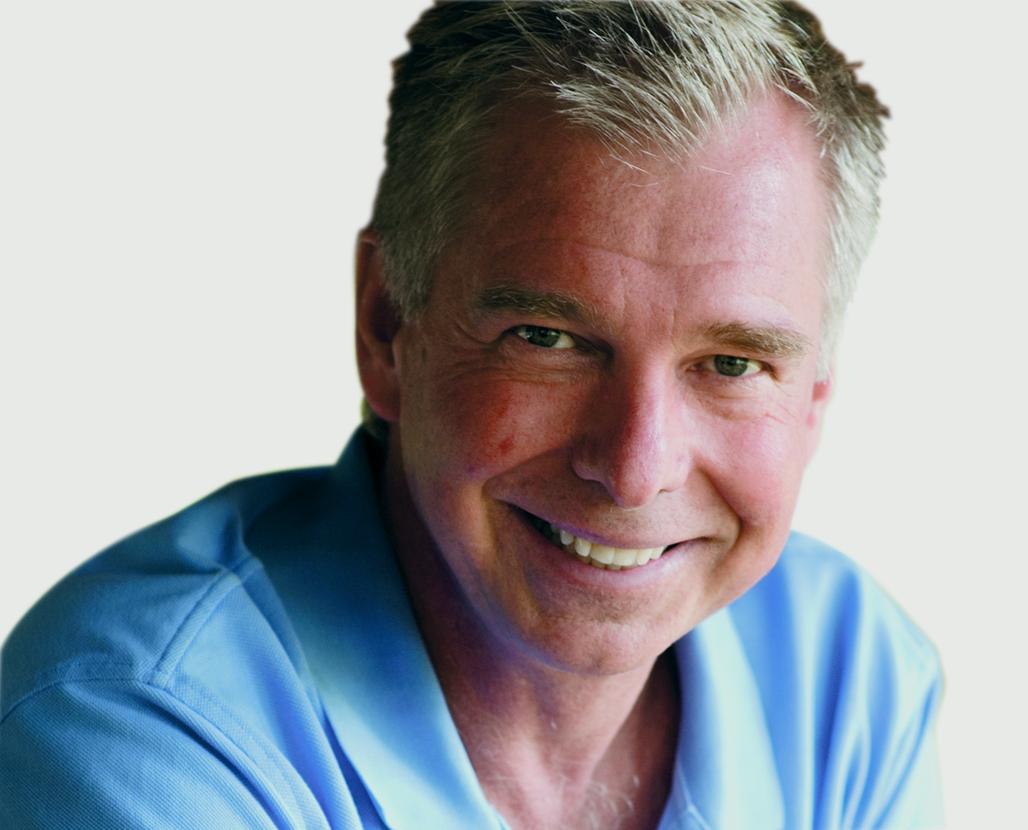
“Global expansion in the fitness industry is fraught with difficulties, and there still hasn’t been a big name that’s sustained major growth in overseas markets.
Fitness First was probably the closest that a large, company-owned group came to achieving significant global expansion, but each of its international regions went through their own highs and lows. In the first eight years, Fitness First Australia experienced amazing growth, accounting for a high percentage of the group’s overall profits from a 25 per cent share of the total clubs. Since then, the new owners have sold off around 20 per cent of the clubs, with a consequent reduction in overall profits.
Obviously there are major challenges around working in different languages and cultures. This is where you would think the franchise system might be more successful than a fitness business with company roots, as franchisees tend to be local people who are close to the community and work extremely hard at their business. And yet franchise fitness models also seem to have failed at a fairly strong rate around the world.
I feel that, because we’re still a very young industry, there’s no real history or consistency we can point to where we can say: ‘This is how it’s done.’”
Scott Lloyd,
CEO,
David Lloyd Leisure
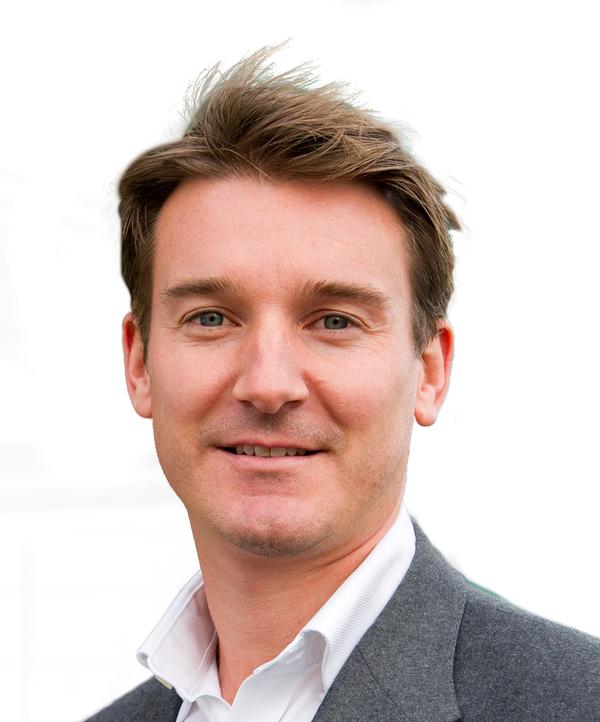
“As DLL specifically operates much larger, family-type facilities, our property, development and capital needs for expanding globally are going to be very different from, say, the budget clubs.
Firstly, our lead times will be much longer, but once sites are established they become quality assets delivering strong returns in high profile locations. As they are large, they also benefit from their own economies of scale and so are less dependent on the local infrastructure in this respect.
We want our future scaleability in global markets to more closely follow the funding and development models of the four- and five-star hotel chains. This model, which is still a new concept for the fitness sector, brings together management contracts and property investment partners in local territories.
While brand and operational standards can be replicated quite easily, tapping into local investment knowledge is key. There’s the added benefit that investors will tend to approach us with the best opportunities, rather than us having to put manpower on the ground to find the right places.
Where the model differs from the hotel chains is that, while those businesses serve a travelling public, global fitness brands must create strong member connections in all local markets.”
